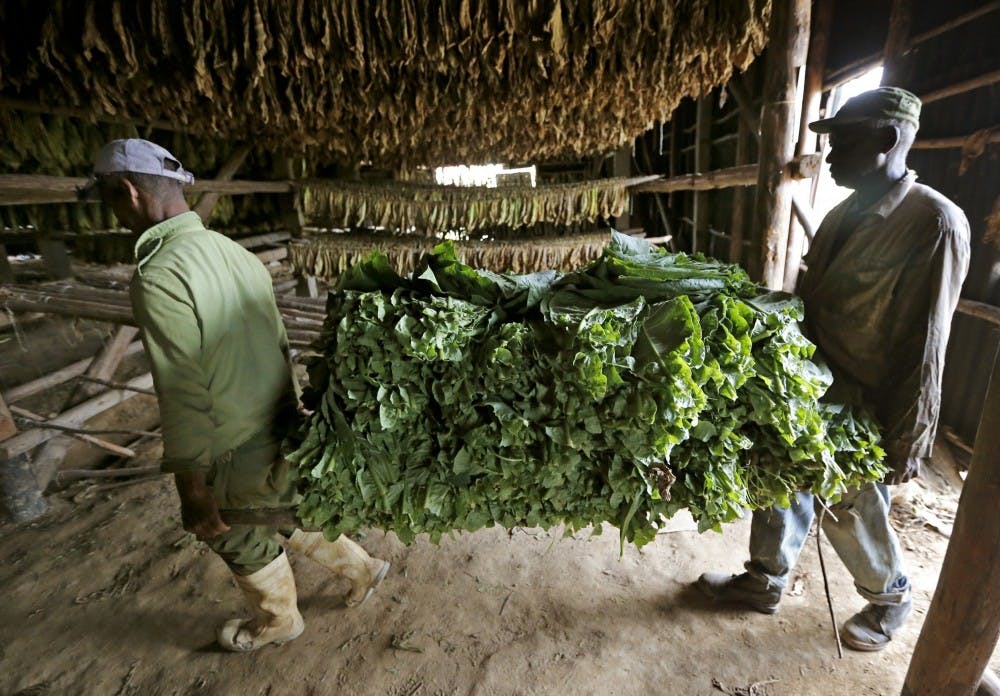America has lost faith in science. Unfortunately, it's easy to understand why.
We trust scientists. However, we should never lose sight of the fact that scientists are also people — with egos, with pride and with ambition. It is also vital to remember that not all experts are created equal: Once you take a scientist out of his or her realm of expertise, he or she is no longer an expert. For example, Walter Elsasser, the geophysicist responsible for the modern theory of Earth’s magnetic field, once argued that the entire field of biological sciences was dead because of the “unfathomable complexity” of organisms.
Unfortunately, this problem of non-experts claiming to be experts is pervasive when it comes to controversial scientific topics. The doubt these non-experts sow can have deadly impacts.
One of first large scale attacks on scientific integrity was launched by the tobacco industry. While many of us now take for granted that tobacco cigarettes cause cancer and a host of other diseases, anyone who’s watched "Mad Men" knows that it was actually one of the most hotly debated topics of the late 20th century.
Scientists uncovered the terrible truth about tobacco cigarettes in the 1930s. German scientists in the Third Reich actually launched an aggressive anti-smoking campaign based on their science. By the late 1970s, the scientific consensus against smoking had built up almost beyond reproach, and the tobacco industry started to freak out.
On May 9, 1979, a real-life Don Draper, Colin H. Stokes of tobacco company R.J. Reynold, invited a group of tobacco industry executives to meet with Dr. Frederick Seitz — the star of our saga. Seitz was to run a foundation, on behalf of R.J. Reynolds and subsidized by the tobacco industry, that would fund $45 million over 6 years into research regarding the causes of cancer, emphysema and other ailments linked with tobacco usage.
The goal of this funding was not to genuinely research the link between tobacco and health but to research other causes of these ailments. Their goal was to create expert witnesses that could testify that cancer is not caused by tobacco but by natural genetics, by eating certain foods — by anything else that was not tobacco.
Their next major goal was to discredit any science that was not done by their foundation. Their official stance was that other science was “incomplete or ... relied on dubious methods or hypotheses and faulty interpretations.” Tobacco companies sent out pamphlets and representatives to say that the scientific reports were being sensationalized by the media so that the scientists could selfishly get more funding.
Sound familiar? These same tactics have been used to debunk climate change science today. Over the past century, well-funded industry executives and conservative think-tanks have been manufacturing controversy around inconvenient public health concerns to protect their own profits.
The result of this manufactured controversy surrounding tobacco was early death for millions of Americans by cancer and other smoking-related diseases. Numerous class-action lawsuits have since concluded that the tobacco industry willfully deceived Americans. With climate change becoming deadlier by the minute, it’s time we stopped falling for their tactics.

